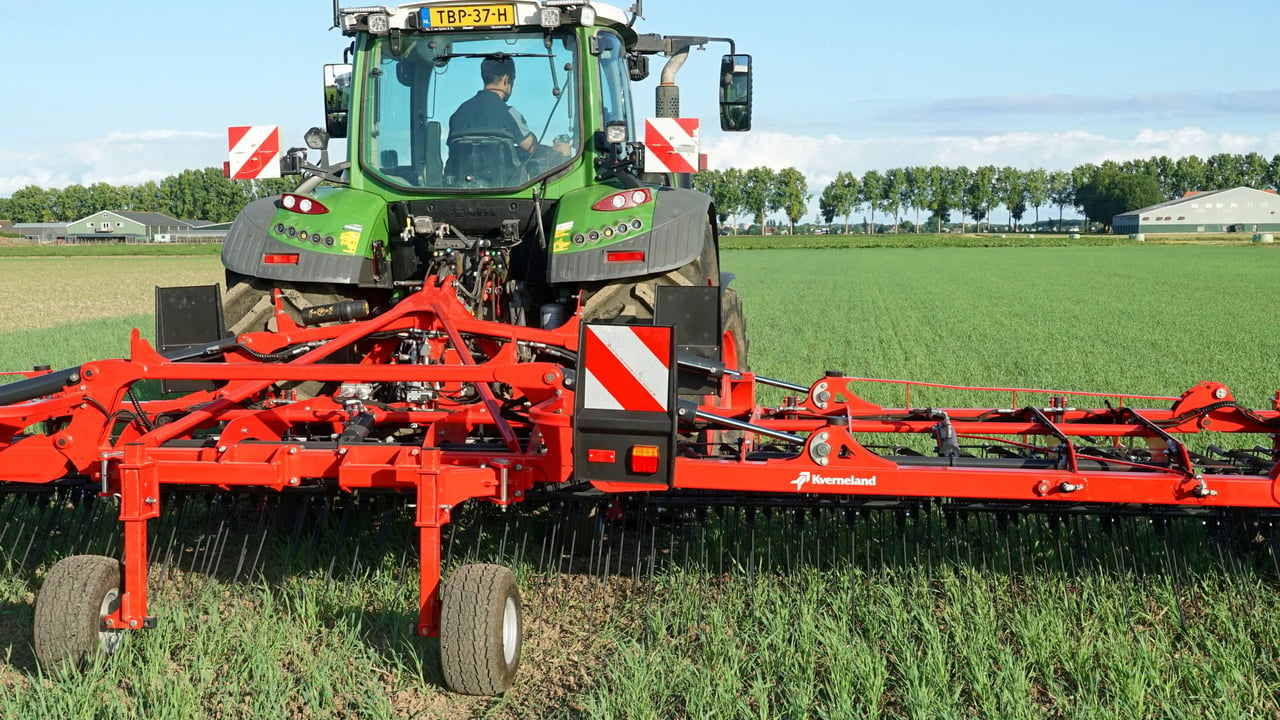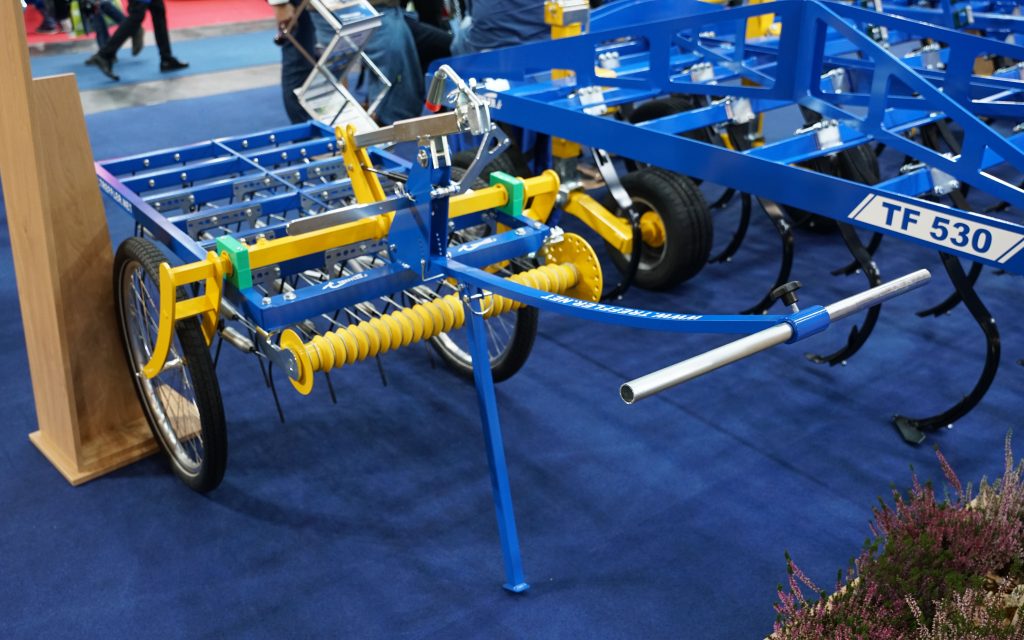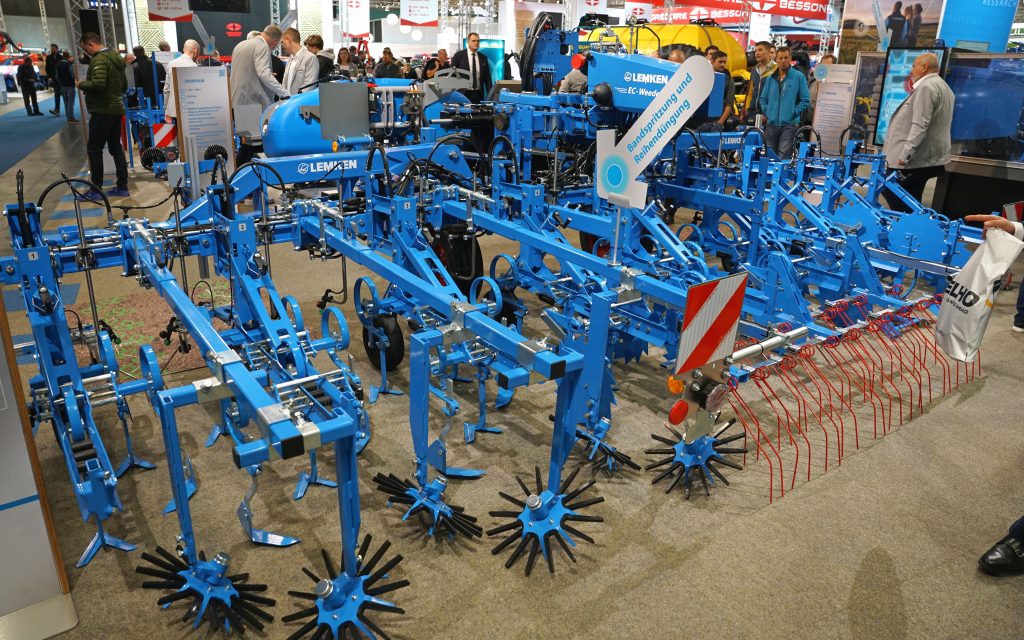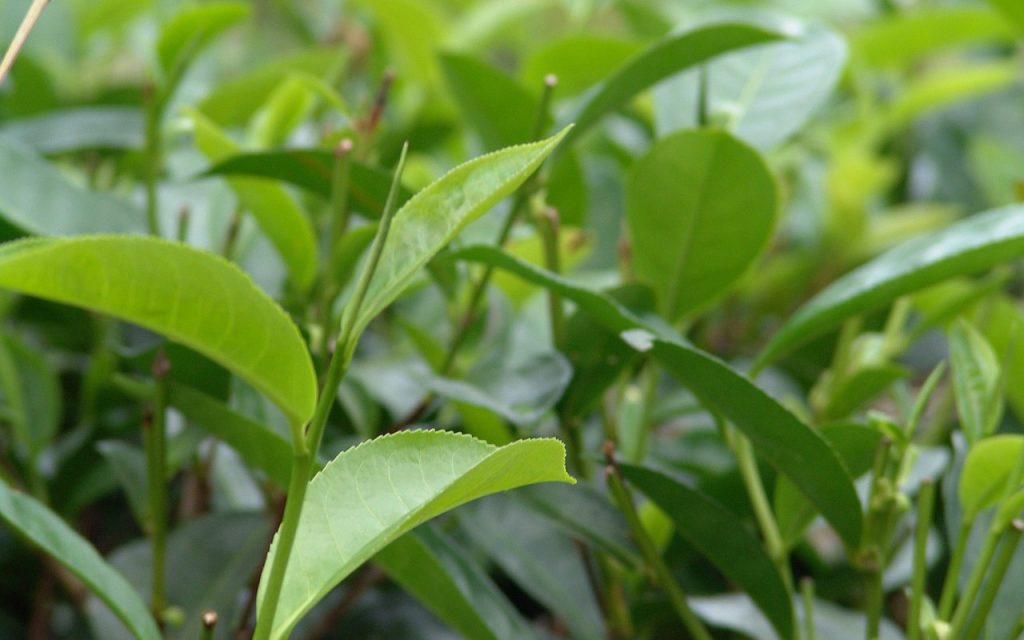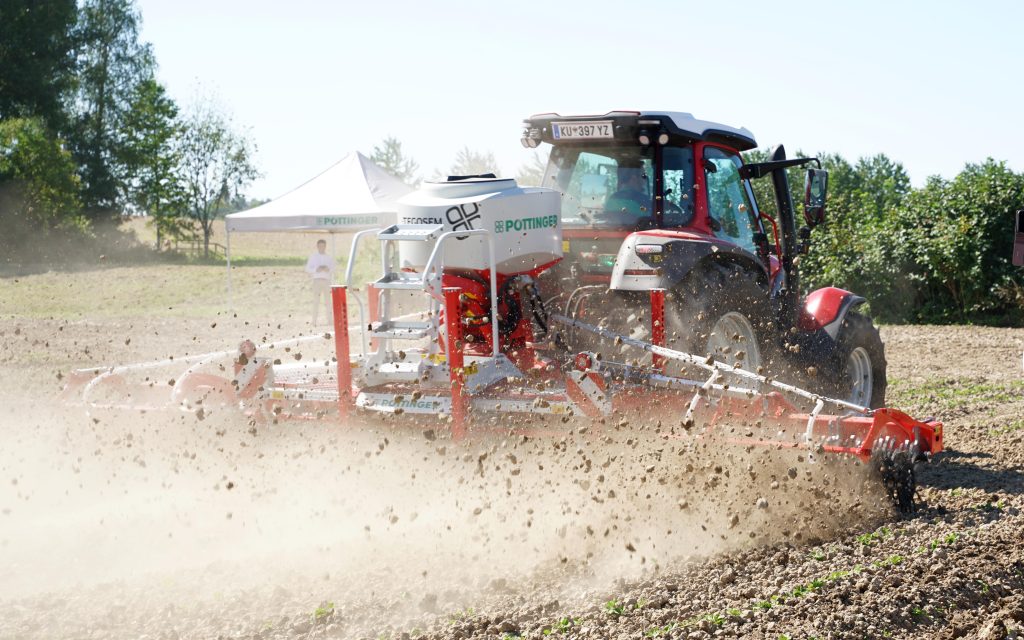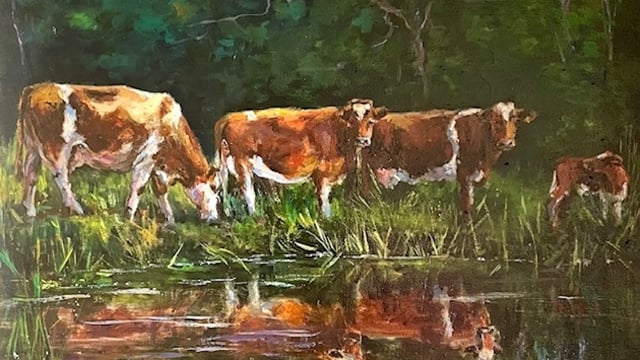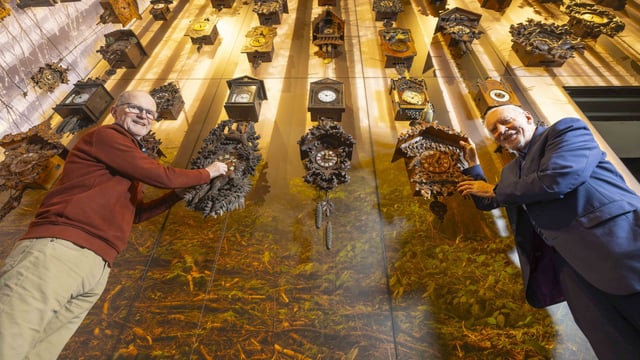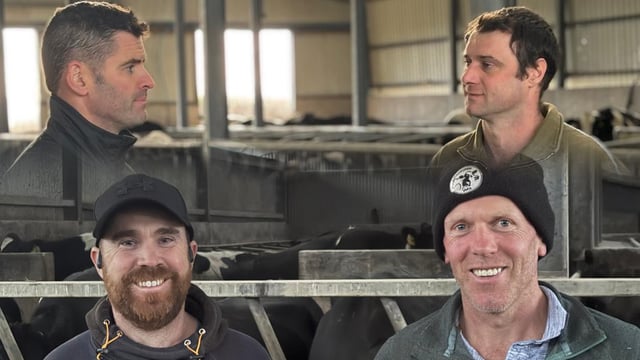The perils of seeking mechanical alternatives in a hungry world
When Kverneland's mechanical weeding range was first announced, it was proclaimed by many commentators at the time to have great potential for pivoting European agriculture more towards organic farming.
Asked at a recent press briefing about the progress of this product range, Kverneland was refreshingly honest in its reply, the thrust of which was that while demand had been disappointing, in the long-term the company still considered it an area to continue investing in.
And, true to its word, the company launched a new implement at the event called the Arcadia precision weed harrow, which, like many other such machines, is designed to disturb weed seedlings in an established crop.
Slow movers
Yet across the trade generally, the heat has faded from interest in such methods for two prominent reasons.
The first is that attempts to scale up the use of such implements from specialist growers to mainline agriculture is being hampered by the mechanical weeders' much finer dependence upon the weather, with narrow windows of opportunity for their successful deployment.
A second reason, alluded to by Arild Gjerde, president and CEO of the Kverneland Group, is that the EU itself has started to talk to those affected by its ambitious agriculture plans rather than just impose them upon farmers and the industry as a whole.
This new era of consultation may well be responsible for Brussels' silence over the EU's declared aim to see a massive increase in the amount of land being farmed organically by 2030, which would be an increase of up to 30% in some countries.
Little new on the menu
Should this plan be slowly buried, or at least put on the back burner, then the sudden rush by the major manufacturers into buying up specialist companies producing organic equipment may appear, in hindsight, to have been a little premature.
In the wave of announcements that are washing over the press in the run-up to Agritechnica, mechanical weed control as a machinery sector is more or less absent.
Indeed, Kverneland's Arcadia is the only model that has, so far, emerged from the major manufacturers.
Case study
The EU's targets for organic production are increasingly being viewed in the light of news of a similar attempt in Sri Lanka in 2021, the details of which have been slowly emerging over the past couple of years.
In 2021, the Sri Lankan government suddenly and without warning banned the import of chemical fertilisers and pesticides.
The purpose given for the ban by the government was that such substances pose a health risk to the population, yet a decline in the country's foreign reserves and an ongoing economic crisis have also been put forward as reasons.
As a result, rice yields dropped by 32% while tea production fell by 18%, leading to food scarcity and economic loss.
Within six months, the policy had been reversed, yet the damage had been done and a powerful lesson learnt.
That lesson is: after years of developing the conventional farming system we now have, simply switching off the inputs is not going to work.
Slow shift of methods
Providing enough food for the world's population without large quantities of mineral fertiliser or pesticides is a laudable aim, but it will require a gradual transition with farmers accommodating themselves to new methods of production.
The machinery industry has taken on board the desire to see this happen.
While naturally the industry's interest may not be entirely impartial, yet it cannot be accused of dragging its heals in providing the tools for a less chemical-dependent future.

